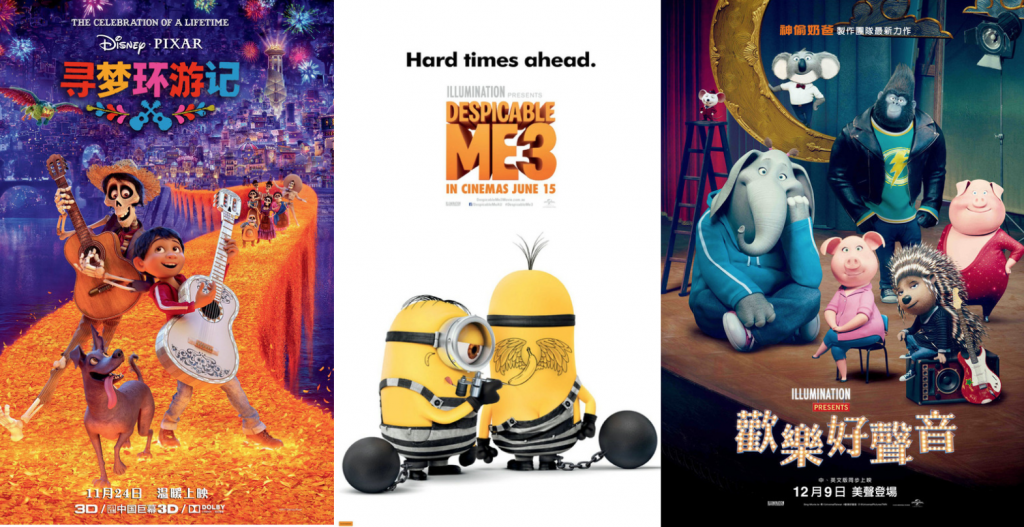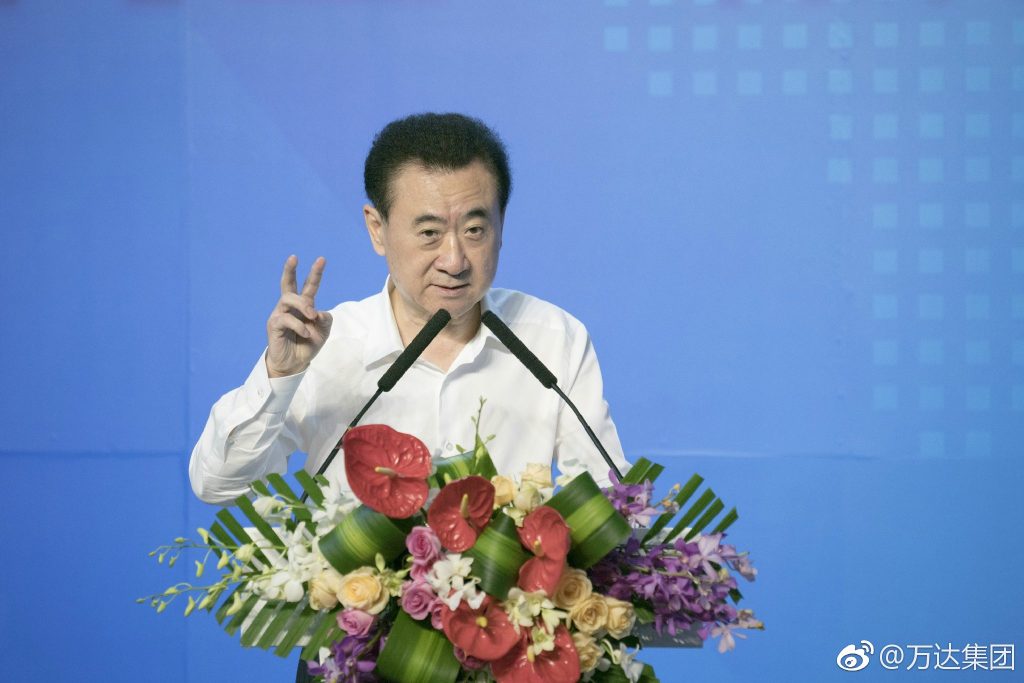
2017 Wrap-up: Animated Films in China
China is seeing the first box office dip for animated production in six years; ticket sales for all animated movies released in China totaled at around $7.2 billion, a $349 million decrease from 2016. Domestic animation accounted for 28% of total box office earnings, while imported animation counted for 72%. 62 animated films have been released in China, similar to that of 2016, but there were fewer domestic films, with IP adaptations being top earners. Hollywood animation production Coco, and Despicable Me 3 are the highest-grossing films of 2017. There were also animated films imported from France, Canada, Russia, and England. Read more on D-entertainment
Fosun Denies Plans to Sell Hollywood Studio Stakes
According to anonymous sources, Chinese conglomerate Fosun Group is looking at options to sell Studio 8 Inc. stakes, a Hollywood production house the company bought three years ago with a valuation of $1 billion. However, Fosun’s management denied such plans on December 26 and stated that Fosun will continue to support Studio 8 and there are two upcoming films to be released globally. In the three years since Fosun’s acquisition, Studio 8 has only released one film, Ang Lee’s Billy Lynn’s Long Halftime Walk, which performed badly at the box office. Read more on D-entertainment
Real Estate Developers Dabble in Cultural Industry
Real estate developers have been looking to invest in the cultural industry as the “golden age” of real estate comes to an end. A few real estate giants have recently signed agreements with entertainment companies to begin projects in performing arts, cinemas, theme parks, and other media-related fields. Conglomerate Wanda Group has been involved in the cultural industry since 2004; so far it owns 478 movie theaters with 4211 screens across China; revenue from its subsidiary Wanda Cultural Industry Group has reached $6.85 billion at the end of September 2017. China’s second-largest property developer Evergrande Group has also established a subsidiary named Evergrande Cultural Industry Group, covering the entire cultural industry chain and has consistently been profitable since 2015. Read more on entgroup.com
Alibaba vs Tencent: The Differences
Often considered China’s biggest tech giants, Alibaba and Tencent are completely different in terms of investment strategies, operations, and management styles. While Alibaba has its roots in e-commerce, serving as a platform between buyers and sellers, Tencent is a service provider, developing online games and instant messaging tools for its users. Alibaba’s focus has always been operations, while Tencent is more focused on product. It has been said that Tencent’s management is more decentralized, compared to Alibaba’s top-down approach. Interestingly, the two CEOs are also distinctively different; Alibaba’s Jack Ma has given many speeches worldwide, while Tencent CEO Ma Huateng has not had as many public appearances. Read more on TMT Post







